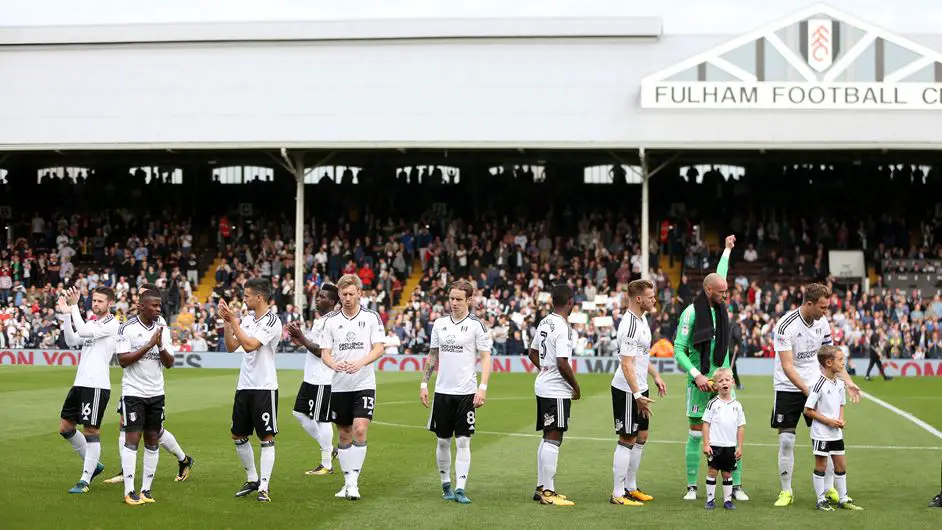Revisiting 5 instances in the recent past where promoted Premier League sides have recruited heavily
It is not very often that we see a promoted side in the Premier League splash the cash as extravagantly as Fulham did last summer.
The Cottagers apparently had little trust in the squad that got them promoted to the top-flight and owner Shahid Khan didn’t hesitate to loosen his purse strings to bring in radical reinforcements through the door at Craven Cottage.
As a matter of fact, Fulham signed anybody and everybody as a part of their summer spending spree, with as many as 15 new players arriving at the club prior to the start of the 2018-19 season.

The Cottagers made the headlines multiple times during the transfer window, with deals for Aleksandar Mitrovic, Jean Michael-Seri, Alfie Mawson, Joe Bryan and Maxime Le Marchand, while several others like Andre Schurrle, Luciano Vietto, Callum Chambers, Sergio Rico and Timothy Fosu-Mensah came through the door on loan.
Well, the result was there for everybody to see, as Fulham went straight back down to the Championship following a dreadful run in the Premier League this past season which saw the Cottagers finish 19th on the table.
Despite boasting of one of the strongest squads outside the top-six in the entire division, Fulham managed only 7 victories over the course of the campaign and finished with a humiliating defensive record.
The sidelining of several of those who had played a key role in the promotion-winning campaign and the subsequent unplanned recruitment of stars from the foreign leagues proved to be the major reason behind Fulham’s decapitulation in the Premier League.
Slavisa Jokanovic, Claudio Ranieri and Scott Parker tried their level best to bring all the new signings together and assemble a functioning unit but they failed miserably.
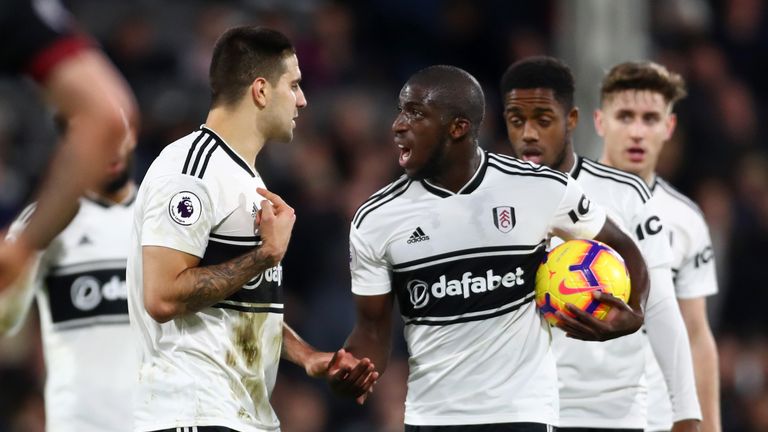
Fulham hardly learnt from their mistakes in the summer and brought in a few more players during the January window, with the likes of Havard Nordveit, Ryan Babel and Lazar Markovic joining the crew of a ship that was more than half-sunk by that time.
Things hardly changed for them and Fulham’s 2018-19 debacle in the Premier League proved to be a classic example of what sort of an approach any promoted team should avoid in the transfer window.
Interestingly, it has been seen in the recent past that mass recruitment can actually pay the dividends if things are planned correctly.
It is true that there is no guaranteed recipe for success as far as the promoted teams are concerned, with some opting to show confidence in the bunch that get them promoted, while others choose to bring in radical reinforcements in order to enhance their chances of survival.
As unforgiving as the Premier League can be for the newcomers sometimes, it is important for all teams to establish the right kind of balance between investing in fresh faces and getting the best out of the existing ones, something that Fulham failed to do.
Let us take a look back at some of the instances in the recent past when promoted teams chose to splash the cash heavily and their corresponding consequences.
1. Huddersfield Town (2017-18)
David Wagner guided Huddersfield Town to the Premier League via the playoffs at the end of the 2016-17 season and the Terriers brought in as many as 13 new players in the summer prior to the start of the 2017-18 Premier League campaign.
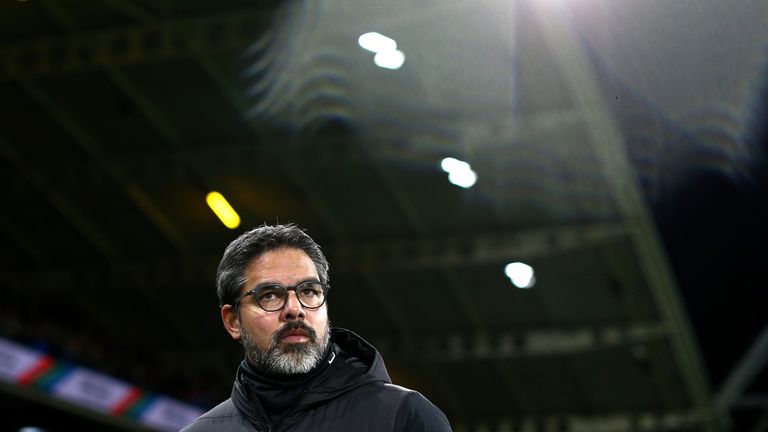
The spending spree included deals for the likes of Aaron Mooy from Man City and Steve Mounie from Montpellier, while Laurent Depoitre, Elias Kachunga, Mathias Jorgensen, Tom Ince, Scott Malone and Abdelhamid Sabiri arrived too.
Florent Hadergjonaj, Jonas Lossl and Kasey Palmer arrived on loan deals to add extra depth and quality to the squad.
Huddersfield’s ploy of mass recruitment paid immediate dividends in their quest for survival as the Terriers racked up back-to-back victories against Newcastle United and Crystal Palace in their first two games.
Despite suffering a dip in form towards the end of the year, the Terriers strung together victories against West Brom and Brighton, whilst also completing a giant-killing feat against Manchester United.
In January, they once again dipped into the transfer window to bring in Alex Pritchard and Terrence Kongolo, as three wins since the turn of the year proved enough to steer the club to safety.
Truth be told, manager David Wagner played a key role in preserving the club’s top-flight status and the German-American’s feat of rare charisma and brilliance earned him plaudits.
2. Watford (2015-16)
Watford’s impatience with managers is well-known and it was once again evident from the way they went about things in the Championship in the 2014-15 season.
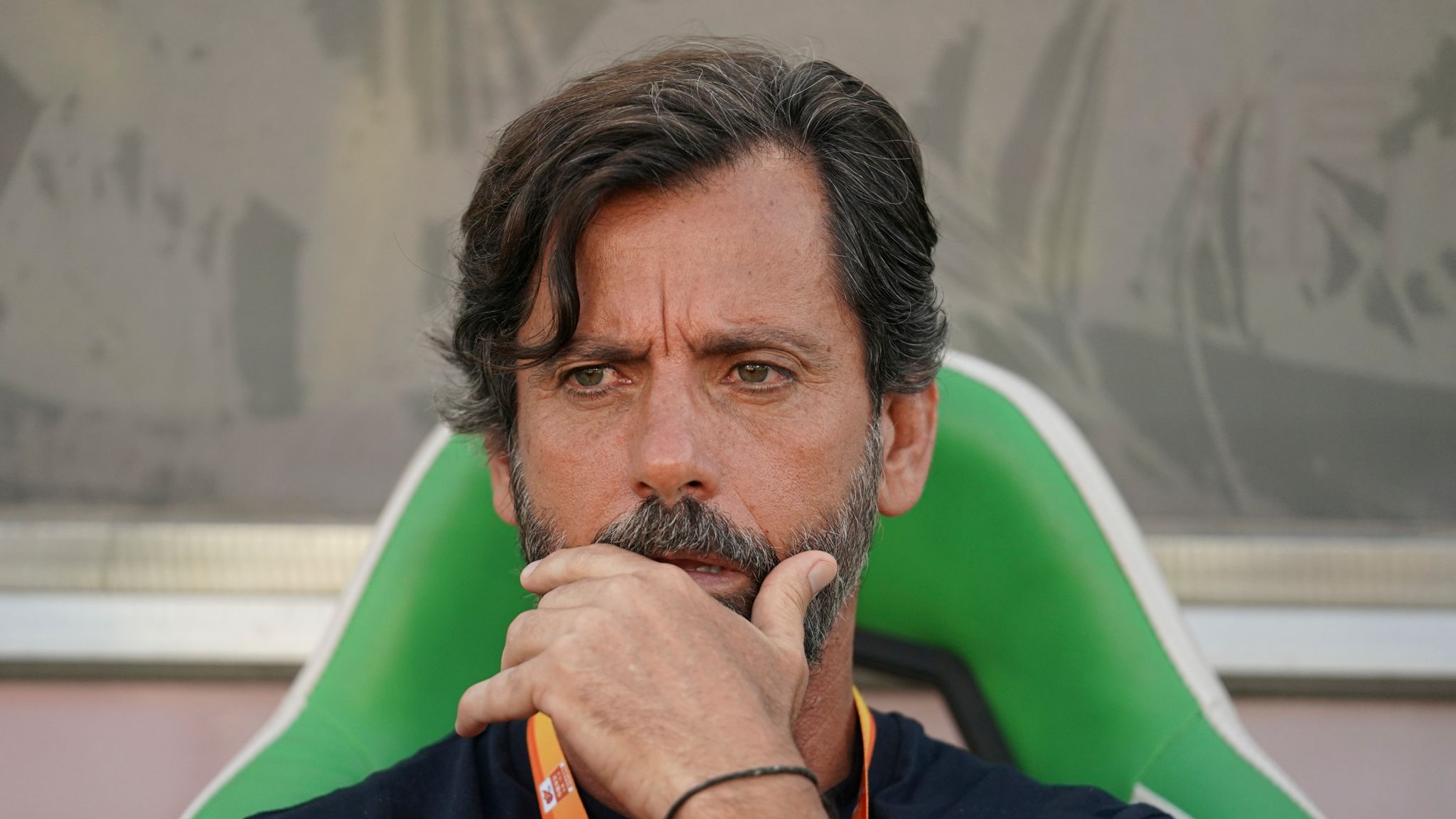
A combined effort from four different managers Beppe Sannino, Oscar Garcia, Billy McKinlay and Slavisa Jokanovic, coupled with Odion Ighalo’s heroics in front of goal propelled the Hornets to automatic promotion.
Owner Gino Pozzo and the hierarchy showed little confidence in the existing players and the club opted for a massive overhaul of the squad, although most of the players came either came in on free transfers or for thrifty figures.
Watford’s summer business included the acquisition of Juanfran from Real Betis, Jose Holebas from Roma, Etienne Capoue from Spurs, Steven Berghuis from AZ Alkmaar, Valon Behrami, Adlene Guedioura, Adalberto Penaranda, Abdoulaye Doucoure and Allan Nyom, while others like Miguel Britos and Sebastien Prodl arrived for free.
Nathan Ake and Victor Ibarbo, as well as Italian international Alessandro Diamanti, came through the door at Vicarage Road on season-long loan deals. Quique Flores was entrusted with the job of assembling a rather new-looking Watford side and he didn’t disappoint.
Odion Ighalo and Troy Deeney’s strong performances ensured that Watford didn’t face a relegation scare, with the Hornets racking up as many as 8 wins and 5 draws before the end of the year to virtually guarantee survival.
Despite a late slump in form, Watford cruised to a mid-table 13th-place finish and proved that mass recruitment with a measured approach can actually produce positive returns.
3. Bournemouth (2015-16)
Bournemouth’s blistering run of form in the 2014-15 season of the Championship saw them finish as the undisputed winners and the Cherries secured promotion to the Premier League for the first time in their history, thus marking the beginning of an unprecedented rise in English football.
Callum Wilson’s 20-goal season was one of the main reasons behind their success but Eddie Howe chose to bring in reinforcements in a bid to preserve the club’s newly-acquired top-flight status.
A summer of heavy spending that marked the arrival of signings like Tyrone Mings and Max-Alain Gradel, while others like Joshua King, Lee Tomlin and Glen Murray came in for thrifty amounts.
Artur Boruc and Sylvain Distin were brought in on free transfers to add experience to the ranks, while the likes of Christian Atsu, Filippo Costa, Joe Bennett and Tomas Andrade made their way to the Vitality Stadium on loan deals.
The decision to bring in too many new players seemed to backfire as the Cherries only managed two victories until the end of November.
However, a remarkable upturn of form in December inspired the team to victories against Man United, Chelsea and West Brom before they spent big once again in January to bring in the likes of Benik Afobe and Lewis Grabban from Wolves and Norwich respectively.
In the end, Bournemouth huffed and puffed to a 16th-place finish as Howe somehow managed to steer the club to safety and in the process, laying down a solid platform from where they could carve out a reputation for themselves in the Premier League.
4. Middlesbrough (2016-17)
Middlesbrough secured promotion to the Premier League for the first time since their relegation back in 2008-09 but their stay in the top-flight proved to be nothing more than a passing shower, as their transfer policy of signing established and successful players failed to pay the dividends.
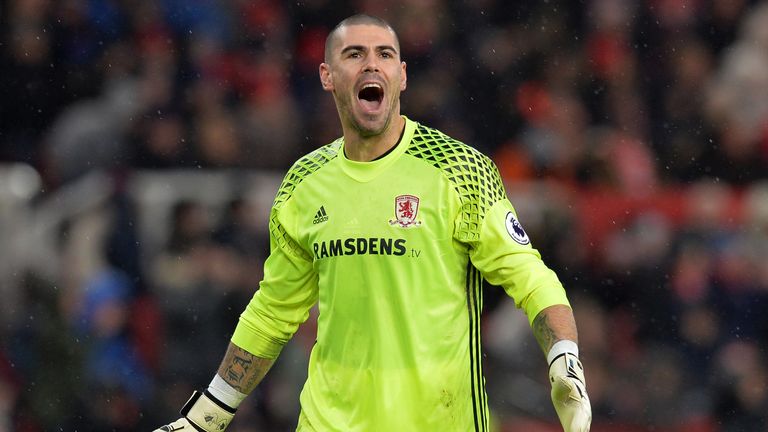
The likes of Gaston Ramirez, Victor Valdes, Brad Guzan and Bernardo Espinosa were brought in on free transfers to add experience to the ranks, while Marten de Roon and Adama Traore were regarded as exciting additions to the squad.
Others like Alvaro Negredo and Calum Chambers arrived at Teesside as loanees, with the former going on to top the scoring charts with 10 goals in the Premier League.
Manager Aitor Karanka further invested heavily in January to bring in Patrick Bamford and Rudy Gestede in a bid to bolster his misfiring forward line but that didn’t yield positive results either and Boro finished 19th in the standings with just 5 wins over the course of the campaign.
In the end, Boro bowed out of the Premier League after scoring just 27 goals, leaving many to wonder as to why the club spent so much money to bring in so many attackers.
5. Queens Park Rangers (2012-13)
QPR’s approach in the transfer window upon securing promotion to the Premier League evoked plenty of criticism from the pundits, as the club simply appeared to recruit ageing stars solely based on their past reputation and records.

They signed as many as 18 new players over the course of the campaign, with several high-profile players like Julio Cesar, Andy Johnson, Park Ji-Sung, Jose Bosingwa, Esteban Granero, Loic Remy, Stephane Mbia, Christopher Samba, Jermaine Jenas, Andros Townsend and Robert Green coming through the doors at Loftus Road.
Such a policy was always going to be risky given that most of the players were simply past their prime, while others lacked the quality to make a significant impact.
Harry Redknapp and then Mark Hughes tried to pull the group of ageing legs to safety but they were never going to get anywhere close to ensuring survival as QPR went straight back to the second-tier after finishing at the bottom of the standings.
It was an eye-opener for the other promoted teams and a reminder that bringing in experienced players solely based on reputation can never guarantee success.

